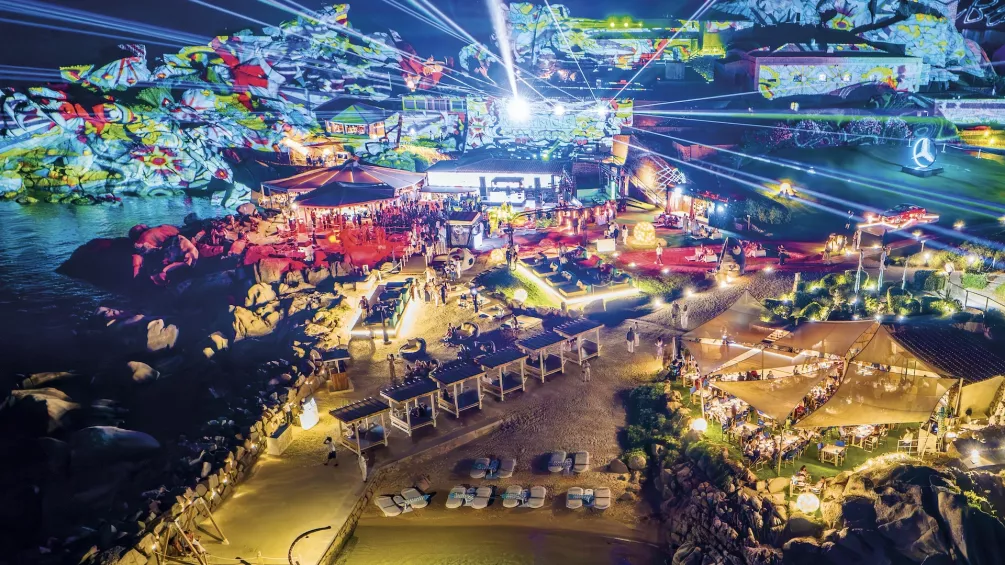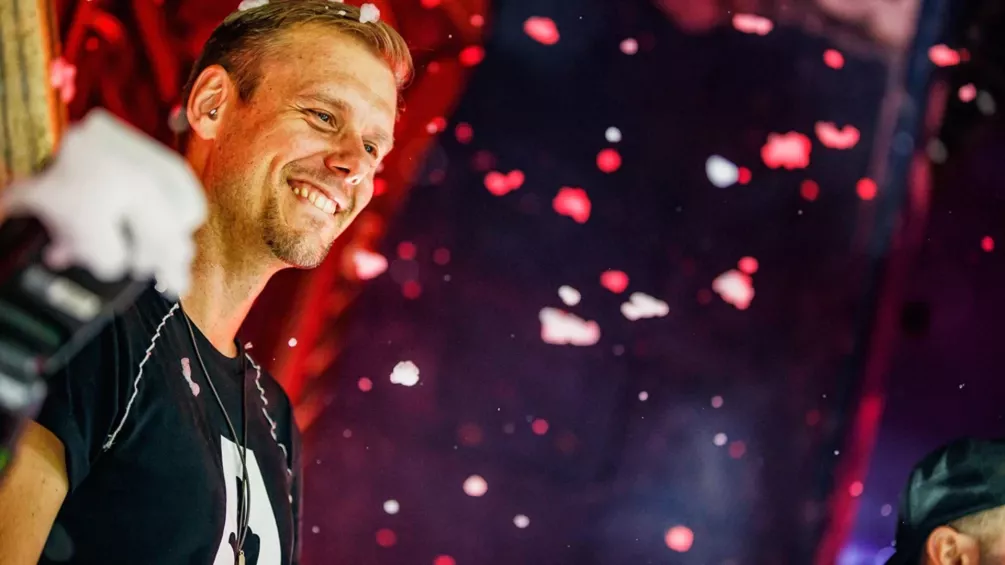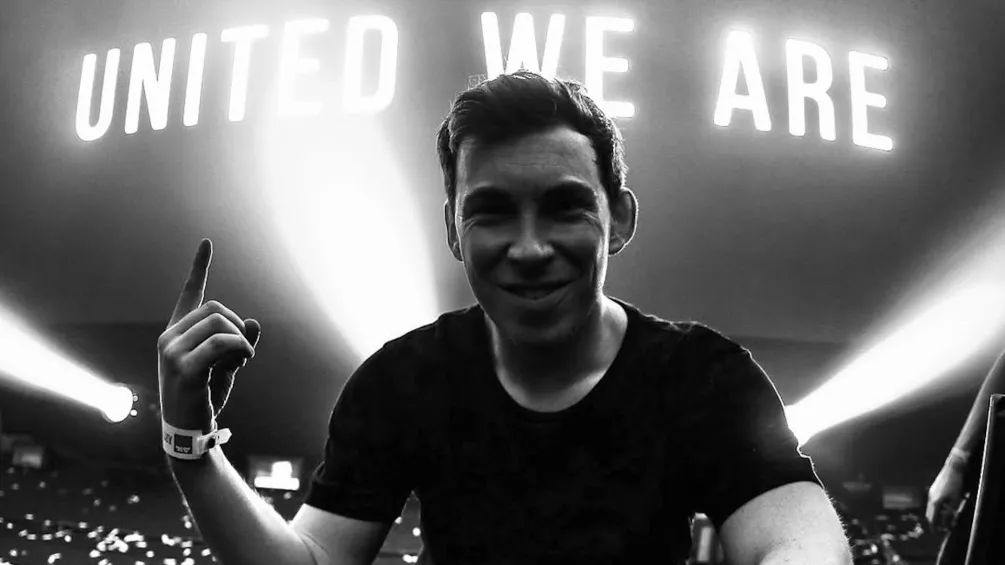
Electronic music industry value rose to $6 billion in 2021, IMS report reveals
The value of the electronic music industry grew to $6 billion in 2021, according to the International Music Summit’s annual Business Report.
That’s up from 2020’s $3.4 billion, although still down on 2019’s pre-coronavirus pandemic valuation of $7.3 billion. This figure considers the categories of software and hardware tools, music sales and streaming, DJ and artist earnings, the events sector, and for the first time, education. This includes learning institutions like Point Blank Music School and Bridges For Music, and knowledge-sharing online platforms like MasterClass and Toolroom Academy.
While the report says streaming is up 24% compared to 2020, it underlines the fact that “streaming isn’t working for all but a tiny number of artists”. Only 1,650 artists earn at least $65,000 from streaming, and that’s before payouts to collaborators gets factored in.
Another key issue discussed in the report, despite sources saying perceptions have “permanently” shifted around diversity within the industry, is the inadequate booking of Black artists. According to Technomaterialism, which analysed data from Black Artists Database and Resident Advisor, Black artists are still significantly underrepresented on lineups when compared to specific countries’ populations, such as the United States and France. In some countries, like Spain, representation is only getting worse over time.
Technomaterialism also flagged that, in the US and France, there was a temporary spike in Black artists’ bookings around the early summer 2020 movement in support of Black lives following George Floyd’s murder in Minneapolis. However, in France, Black artists’ bookings eventually dropped below pre-spike levels.
DJ Mag’s Top 100 DJs list for 2021 was a key point of data when considering demand for representation of POC and women DJs. The former grew to 20% of the list (largely spurred by East and South East Asian artists and not Black artists), while the latter stalled with just one new inclusion out of a total of 12 women DJs voted in to the list by readers.
Still, some sources remain optimistic that things could improve. One person quoted in the report said, “There is a definite shift in how promoters are booking and them being held accountable for their bookings.” Another said, “You just can’t do a white male DJ lineup anymore — you’ll get called out on it. That change is done. It’s permanent… Except for a couple of festivals that don’t seem to give a shit.”
DJ and BBC Radio 1 host Jaguar is waiting to see how the summer season plays out to measure if true progress has begun. “Over the last couple of years the industry has become a lot more mindful of diversity. Things have forever changed,” she said. “People are certainly more aware of the conversations they’re having, but recently the momentum has slowed. I feel like I need to see how this summer goes to gauge whether the industry has fully moved forward enough.”
Clubs and festivals are also looking to summer 2022 to recover from the pandemic, as 2021’s season, while much improved from 2020, was still affected by Covid-19-related restrictions and cancellations. The events sector for 2021 was valued at $2.5 billion, up from 166% from 2020 yet still down 42% from pre-pandemic figures in 2019.
In the midst of the pandemic, there’s been a shift in demand for festivals over club events. According to Skiddle data, searches for club tickets were 36% of 2019’s numbers, while festivals soared to 150%. So far this year, however, there’s better news for clubs — ticket sales are 126% of 2019 levels. (Festival ticket sales growth is higher still at 176% compared to 2019 sales.)
Another area of the report covers the shift into the Web3 era, with electronic artists taking seven of the top 10 spots for music-related NFTs and 64% of total music NFT sales, totalling $55.4 million. IMS considers the Metaverse a space “where kids hang out, spend their money and seek entertainment. We need to be there”.
This year’s report also dives into the rising popularity of amapiano and tech-house, as well as increased physical sales — more on that here. On the Ibiza conference programme, Ukrainian DJ Nastia gave a keynote interview where she spoke candidly about Russia’s war on Ukraine and shared a message for fellow Ukrainian artists: “If you’re a Ukrainian DJ the best thing you can do is to keep going, pay taxes in Ukraine and support the economy, spread the message.”
Take a look at the report via IMS’s website, and see more highlights from the report in the Instagram post below.
Photo credit: Facebook





